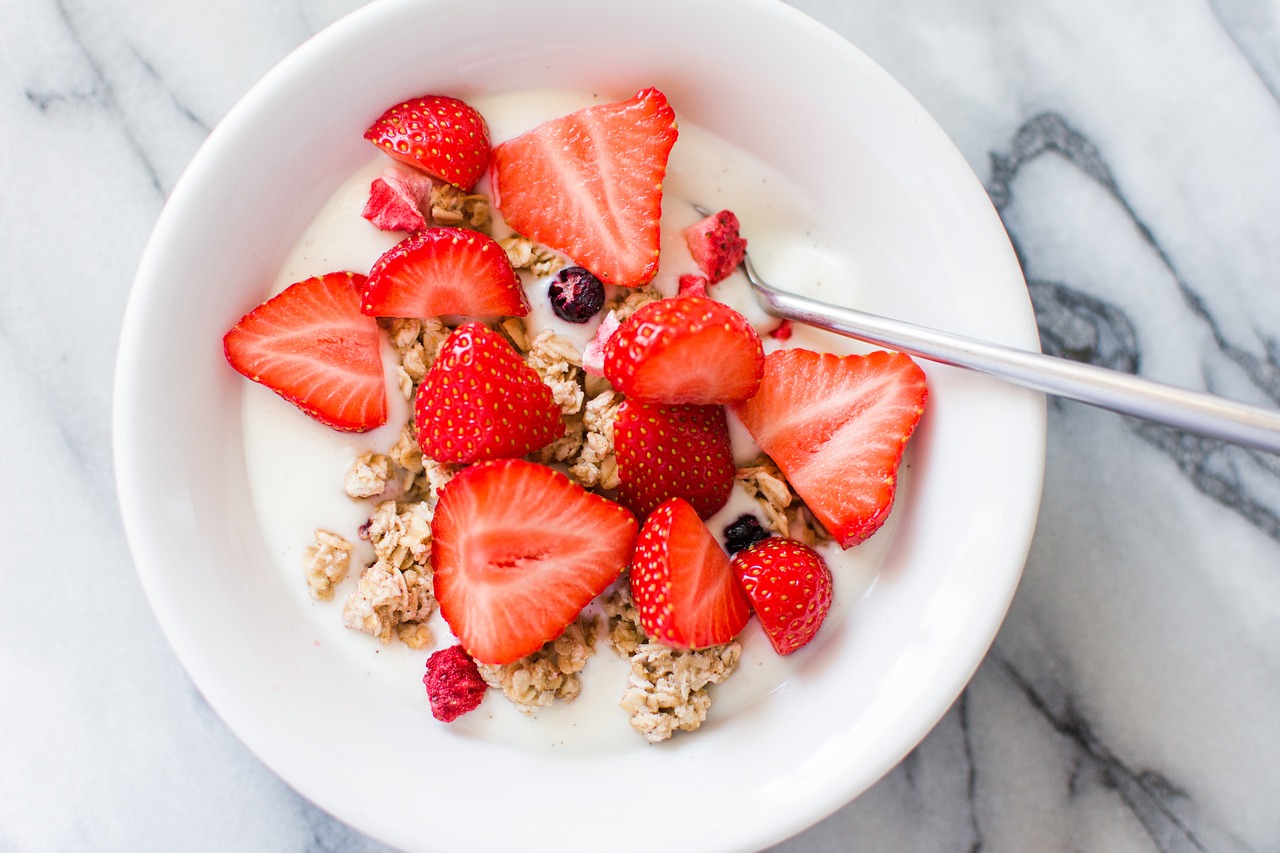
Struggling to Lose Weight? Vitamin D Might Be the Key!
It’s frustrating when you’re doing everything right – exercising regularly, eating a healthy diet – but the numbers on the scale just won’t budge. Could there be a hidden factor? According to health experts, a deficiency in a specific vitamin might be playing a role: Vitamin D.
Dr. Jia Kai, Director of the Nutrition Department at Beijing Chaoyang Hospital affiliated with Capital Medical University and a weight loss physician, suggests that for individuals, particularly those over 35, who struggle with weight despite diet and exercise, a vitamin deficiency could be the culprit. Vitamin D, in particular, is thought to be linked to metabolism and fat regulation. It may help prevent fat accumulation, speed up metabolic processes, and assist the body in eliminating fats and toxins.
Who Should Pay Attention to Vitamin D Levels?
Vitamin D deficiency is quite common. Reports indicate significant deficiency rates across different age groups in China. Certain individuals are at higher risk:
1. Older Adults: Skin’s ability to synthesize Vitamin D decreases with age.
2. Homebound Individuals: Limited outdoor activity means less sun exposure.
3. People Working Indoors: Office workers, factory workers, and night shift workers often lack sufficient sunlight exposure.
4. Individuals with Darker Skin: More melanin reduces the skin’s capacity to synthesize Vitamin D from sunlight.
5. Those with Low Physical Activity: A sedentary lifestyle can indirectly impact overall health, including Vitamin D levels.
6. People with Chronic/Wasting Diseases: Conditions like diabetes, chronic kidney disease, malabsorption syndromes, parathyroid disorders, and liver diseases can affect Vitamin D metabolism or absorption.
7. Individuals with Obesity: As Vitamin D is fat-soluble, it gets stored in fat tissue, which can lower its concentration in the bloodstream. Those with larger waistlines should be particularly mindful.
8. Post-Bariatric Surgery Patients: Weight loss surgeries can impair the absorption of Vitamin D and other nutrients.
9. People Taking Certain Medications: Some drugs, including phenobarbital, carbamazepine, dexamethasone, rifampicin, nifedipine, spironolactone, ritonavir, and cyproterone acetate, can interfere with Vitamin D metabolism or absorption.
10. Certain Infants: If the mother had Vitamin D deficiency during pregnancy or breastfeeding, the infant may have low levels.
Vitamin D: A Multi-Talented Nutrient for Overall Health
Beyond its potential role in metabolism and bone health, Vitamin D offers numerous benefits across all ages:
Protects Heart and Brain: Vitamin D helps regulate blood pressure and improve heart function, potentially lowering the risk of heart disease and stroke. Studies suggest adequate levels may reduce early death risk from cardiovascular disease by 30% in affected patients.
Boosts Mood: Research indicates Vitamin D supplementation can improve symptoms in women with moderate to severe depression, possibly by influencing serotonin levels, which are crucial for sleep and mood.
Supports Maternal and Child Health: Low Vitamin D in pregnant mothers is linked to higher risks of preeclampsia, premature birth, low birth weight, and C-sections. Deficiency in mothers may also increase the child’s risk of asthma, respiratory infections, and obesity. Supplementation can help mitigate these risks.
Diabetes Prevention: Epidemiological studies show a correlation between higher Vitamin D levels in the blood and a lower risk of diabetes, as Vitamin D can stimulate insulin production.
3 Ways to Ensure You Get Enough Vitamin D
Dr. Wang Guoyi, a postdoctoral researcher in Nutrition and Food Safety at China Agricultural University, suggests these approaches:
1. Soak Up the Sun: Skin produces Vitamin D3 when exposed to sunlight (UVB rays). Regular sun exposure is the best natural way to obtain sufficient Vitamin D. Around 30 minutes of sun exposure daily is often sufficient for many, although this varies based on location, time of day, season, and skin tone.
2. Eat Vitamin D-Rich Foods: Include animal liver, egg yolks, fatty fish (such as saury, capelin, sardines, salmon), and full-fat milk in your diet for Vitamin D3. Mushrooms contain small amounts of Vitamin D2. Look for fortified foods like Vitamin A & D fortified milk.
3. Consider Supplements (Under Guidance): The high-risk groups mentioned above may benefit from getting their blood levels tested (measuring 25-hydroxyvitamin D). If a deficiency is confirmed, supplementation should be done under the guidance of a healthcare professional or clinical nutritionist. It is crucial to remember that Vitamin D is fat-soluble and accumulates in the body. Self-supplementing excessive amounts can lead to toxicity.

